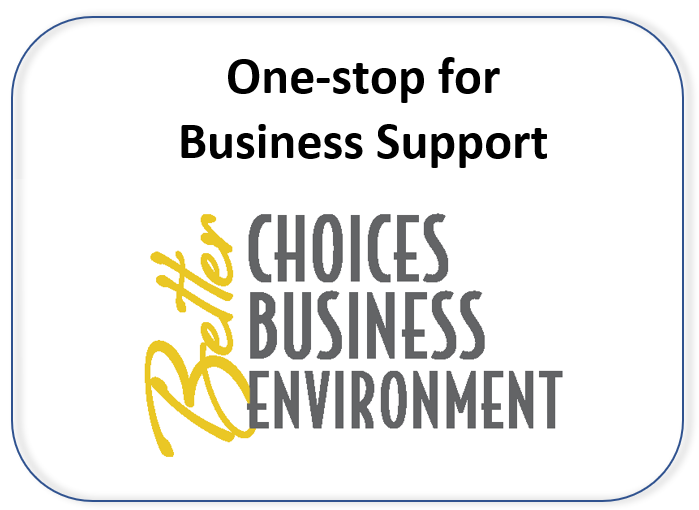Boilers and burning fuels
Review the fact sheet Combustion Sources and Air Pollution Construction Permits (AM-427) to learn about the air pollution construction permit program and how it affects combustion sources; including calculation examples, definitions and contacts for more assistance. As you prepare a permit application or emissions report for your boilers/furnace that burn natural gas or fuel oil, another resource is the spreadsheet Boiler Emissions Calculations (SB-308) [XLSX].
Air regulations for boilers
The EPA published rules aimed at limiting air toxic emissions from boilers.
- EPA's Compliance for Industrial, Commercial and Institutional Area Source Boilers page contains a summary of the federal rule.
- The Boiler Reg Nav Tool, under the Implementation Tools section of this page, can help you determine the requirements for a specific boiler after answering a series of questions.
- Under the Requirements section, the Fast Facts offers a quick reference on what applies to different boilers.
- The Additional Compliance Tools section offers a number of compliance guides, including guides covering the whole rule, and ones specific to the energy assessment and tune-up requirements.
- The EPA requires all Notification of Compliance Status reports to be submitted electronically. Sources are now required to complete this report through the EPA's Central Data Exchange (CDX). For information on how to use this tool, see the section on Submitting the Electronic Notification on EPA's Compliance for ICI Area Source Boilers.
- The Combustion Portal's Industrial/Commercial/Institutional (ICI) Boilers webpage has a good summary of the federal rule, along with some state-specific information. In addition, their Combustion Portal's Combustion Emission Calculators help with calculations of emissions from boilers burning different fuels.
Energy Efficiency and Pollution Prevention
- EPA Clean Energy Programs. EPA's Clean Energy Programs are working with state policy makers, electric and gas utilities, energy customers, and other key stakeholders. By identifying, designing and implementing clean energy policy and technology solutions, we are delivering important environmental and economic benefits.
- Managing your Energy. Use this guide to learn cost-effective ways to reduce the energy use of your plant while still maintaining the quality of your products. It discusses energy-efficient best practices and technologies for a broad spectrum of companies. The guide also includes expected energy and cost savings based on real world examples, typical payback periods, and references to more detailed information.
- Available and Emerging Technologies for Reducing Greenhouse Gas Emissions from Industrial, Commercial, and Institutional Boilers. Provides information on control techniques and measures that are available to mitigate greenhouse gas (GHG) emissions from industrial, commercial, and institutional (ICI) boilers at this time (2010). The majority of the identified options focus on measures that are common from the perspective of applicability, availability, and owner/operator experience. Some options that may require project or site reconfiguration and process modifications, such as combined heat and power (CHP) and repowering, are also included in this section. Additional costs and complexities would need to be considered with these options.
Waste oil management/spill prevention and cleanup
In order to prevent fuel spills or clean up after a fuel spill, there are a number of regulations a business with a boiler should follow.
- The EPA requires that facilities with a certain amount of oil on site prepare a Spill Prevention, Control and Countermeasure (SPCC) Plan. For more information on those requirements go to EPA's Oil Spills Prevention and Preparedness Regulations.
- In case of a spill, review spills for small businesses.
- If your facility generates used oil as part of boiler maintenance, review the recycling motor oil, oil filters and other automotive products page on motor oil and related products.
Water regulations
Facilities with boilers may need to address non-contact cooling water or condensate/boiler blowdown. The water program has a General Permit to Discharge under the Wisconsin Pollutant Discharge Elimination System for this.
| Additional resources |
|---|

